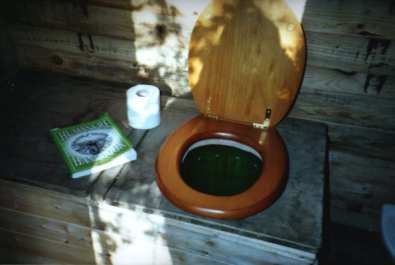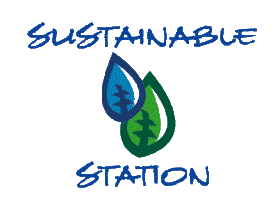It is the process of compiling organic material to be turned into mulch for use in gardens and landscaping.
I ran across this gadget the other night and think it makes a great solution for the more unpleasant aspects of collecting kitchen compost!
NatureMill: Automatic Indoor Compost Bin | Automatic Composter

Shared via AddThis
There are other ways to compost as well. . .
Composting toilets are an eco-friendly way to dispose of human waste, and come in units that very much resemble toilets as we know them. No septic systems to run, no sewer back-ups to worry about, or water lines needed! When sized correctly, they are the modern "clean" outhouse, and seldom have to be emptied.

A composting toilet can be "homemade" or sophisticated machines that resemble everyday toilets.

This choice may seem extreme to you, but luckily it IS a choice- available for those folks who choose to go this route!








